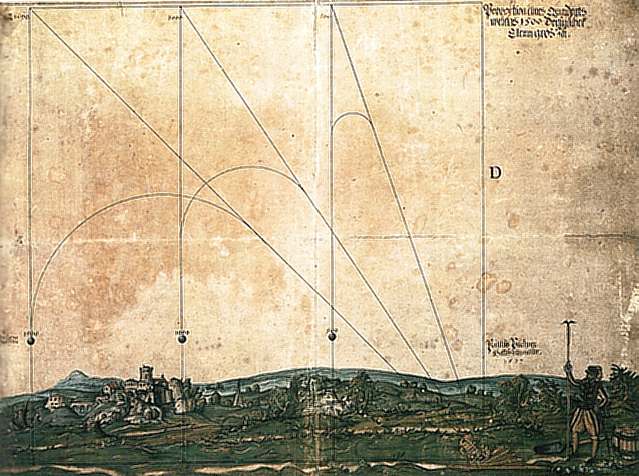
Hubbert's Law is a model for consumption of any non-renewable natural resources. You have to make some assumptions. The initial and final consumption is zero; the initial rise is exponential; it reaches a peak before a decline. Then, high cost drives consumption down, with the consumption eventually at zero.
It fits our model for consumption of oil and petroleum products. There are actually organizations, I learned, studying what they call "Peak Oil". Hubbert predicted in the 50's that we would peak in use in the 1970's, and that actually happened. That's amazing that he could predict it. Well, on top of that, he said we would run out by the end of the 21st century. It looks like cost will definitely be prohibitive to use by that point. All it has taken so far is for gas to reach $4 a gallon, and people have sent in their orders for Priuses.
The Association for the Study of Peak Oil says that eventually, we'll run out of those easy-dig VAST fields of oil. I guess that's true, if people are sniffing around the Barnett Shale for oil. According to my father-in-law, who owns a small oil and gas company, your typical underground reserve in this area will only be the size of a city block, but in the middle east, they might be miles long. These are just little pockets here, but every bit counts now that it's coming up in price.
What do we do, though? We can't all drive a Prius. Some people need trucks to work. Other people have larger families, and I know a Prius won't hold more than three children and their parents comfortably. It's nearly impossible to fit a child, a toddler seat, and an infant carrier in one of those things. It's like... We have this entire culture, this entire system built around the consumption of these non-renewable resources, and we have no way to wean ourselves from it. We're spoiled, aren't we? And are our lives truly happier?




